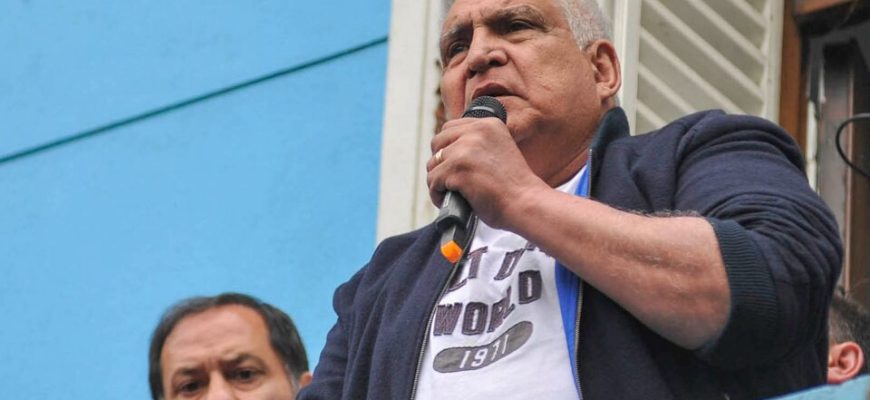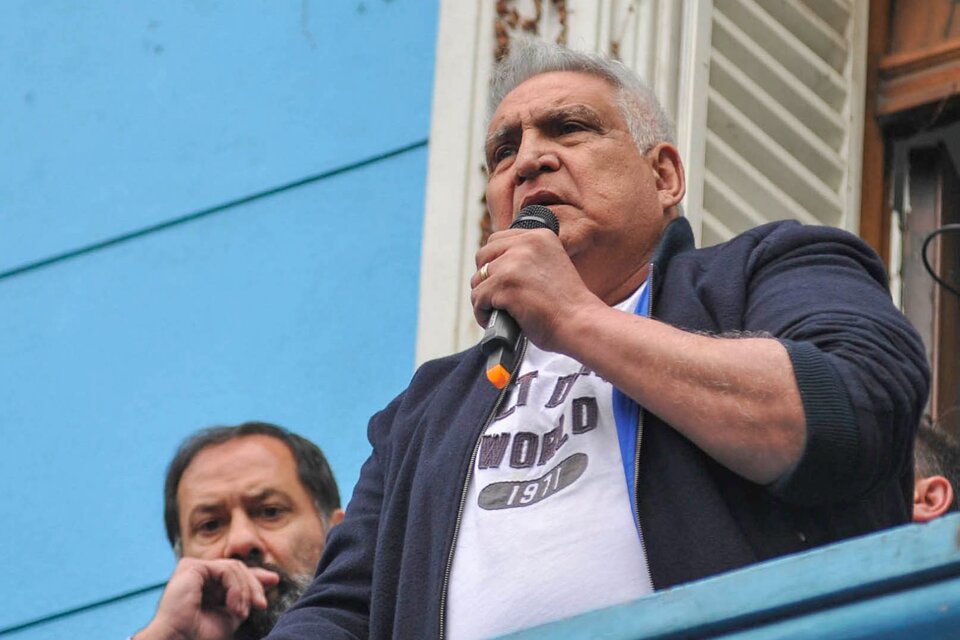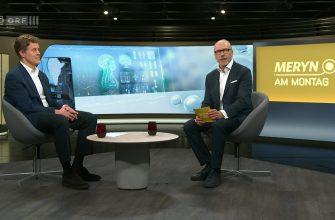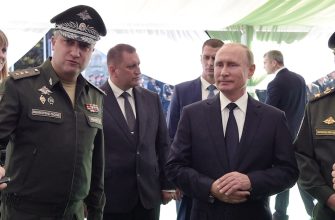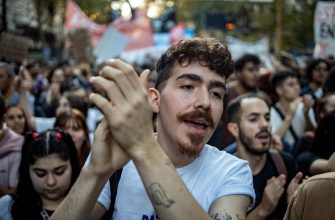The former leader of the UOCRA and favorite target of the “Anti-union Gestapo” made up of macrista officials and businessmen who bet on generating causes against him and putting him in jail, Juan Pablo “Pata” Medina, obtained confirmation of his dismissal in a file where he was accused of money laundering, illicit association and extortion. It was decided by majority by Chamber II of the Chamber of Criminal Cassation when ratifying the sentence of the judge of La Plata, Alejandro Esmoriswho was in charge of the oral trial stage and directly annulled the case against him, which showed that he was armed as the result of a political and judicial agreement.
Esmoris ruled in favor of Medina in October of last year. By that time, the case initiated with the discovery of a video on the Federal Intelligence Agency (AFI)who had recorded a meeting at the Buenos Aires headquarters of Banco Provincia in which the former Minister of Labor for the management of Maria Eugenia Vidal, Marcelo VillegasHe told other officials, leaders, businessmen and spies: “If I could have a Gestapo, a raiding force to wipe out the unions, I would.” The focus of that meeting had been the design of a strategy to criminally commit Medina -if necessary, provoking him- and for him to be arrested. The judge of the oral court based part of the dismissal on the elements compiled in the investigation into that meeting and its consequences, which was in charge of Ernesto Kreplak, until it was absorbed by Comodoro Py, like many other similar cases. The trial prosecutor Rodolfo Marcelo Molinarejected that sentence and resorted to Cassation.
The vote of the chambermaids
the chambermaid Angela Ledesma made the main vote, with the support of alejandro slocarwhere he reviewed the foundations that Esmoris had given about the lack of impartiality of the federal judge of Quilmes, Louis Armella, who had taken the case against Medina. Strictly speaking, the investigation had begun with an anonymous person in that chosen court. The chambermaid also pointed out that prosecutor Molina did not refute in his appeal the multiple irregularities indicated in the sentence, from the use of anonymous complaints to accuse the union leader, the illegal espionage exercised on him and even the “forum shopping” to choose a court that led to the intervention of Armella, despite the fact that the public prosecutor had pointed out his incompetence, and the fluent conversations that the magistrate had with intelligence agents -among them Juan Sebastián De Stéfano, who had been at the meeting in Banco Provincia, giving ideas – at crucial moments.
For the judge, simply put, prosecutor Molina did not do or say anything regarding the anomalies, therefore he acted insufficiently. She argued that the prosecutor failed to “explain what the need for the trial would be, when the existence of an absolute defect has been proven and does not provide arguments to refute that circumstance.” He also did not specify what evidence would be excluded from the annulment issued. He clarified that everything that was introduced about the anti-union Gestapo was limited to the discussion of the trial and related “to the affectation of the impartiality of the judge”, Armella, who was denounced by Esmoris before the Magistracy Council.
The majority vote also states that in addition to Molina, the action or non-action of the Cassation prosecutor, Raúl Pleé, who did not go to the hearing despite supporting his colleague’s appeal, had to be added. “There is a merely spectator role of the representatives of the Public Prosecutor’s Office throughout the process,” says the ruling. Chamberlain Guillermo Yacobucci maintained that the dismissal was premature.
The plan that came to fruition
The case against Medina that is at stake here formally began on July 31, 2017, with an anonymous presentation. However, it had a whole previous planning stage where multiple actors participated. As Judge Kreplak, from La Plata, had established, there was a key meeting at the Casa Rosada on May 4 of that year, where Mauricio Macri, the former director of the AFI Gustavo Arribas, and the Buenos Aires minister Villegas, among others, were present. There the issue of Medina and the complaints of businessmen from La Plata were present. The Cambiemos government sustained a strong offensive against various unions not aligned with the management. Then the espionage on Medina and its surroundings began. On May 22 there was a communication between Armella and De Stéfano, who was the director of Legal Affairs of the AFI and had management of the causes.
Judge Esmoris, when ruling, had said that “the actions” of Judge Armella “It was not governed by the indifference that should govern jurisdictional decisions, in the sense that it was determined or, at least, influenced by the interests assumed by certain officials at that meeting held on June 15, 2017.” That was the meeting at the Banco Provincia, where Villegas elaborated on how the case would be put together, suggested a “model” presentation to the construction businessmen and assured them that they had “checked with the Attorney General (where Julio Conte Grand was), the prosecutor’s office, with the judge, that this will work”. Medina was arrested on September 26 of that year. He was released in June 2022. The only one who could appeal the Cassation decision is Pleé. It remains to be seen.
